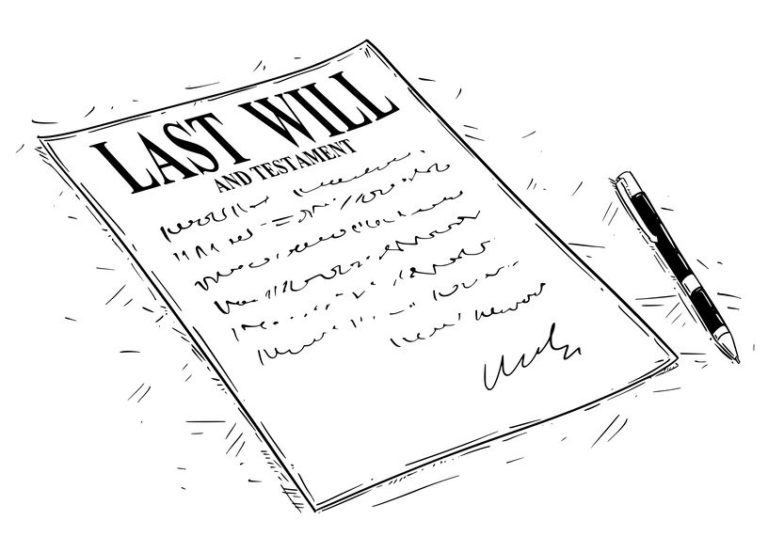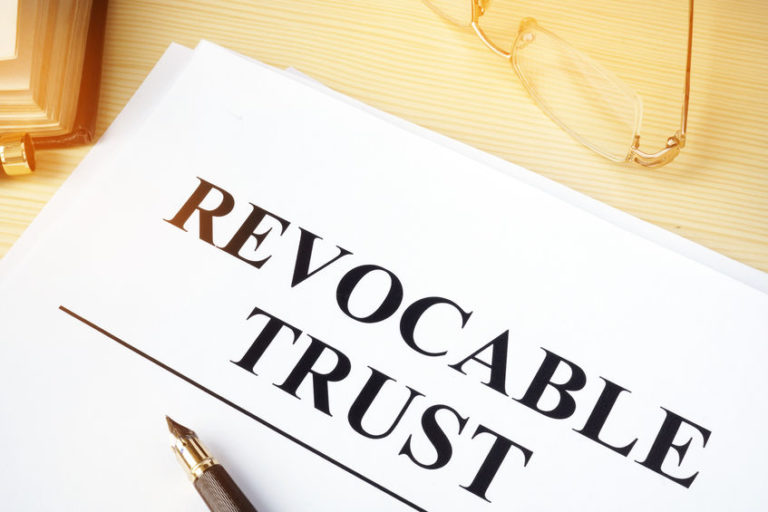
What is Intestacy in Florida?
Having a written Last Will and Testament is an essential part of an estate plan. It reflects all of your wishes upon your death, including who the beneficiaries of your estate are and how they are to inherit from you upon your death. Without one, you can potentially face the risk of your assets being distributed contrary to your intentions under the default laws of the state of Florida.










